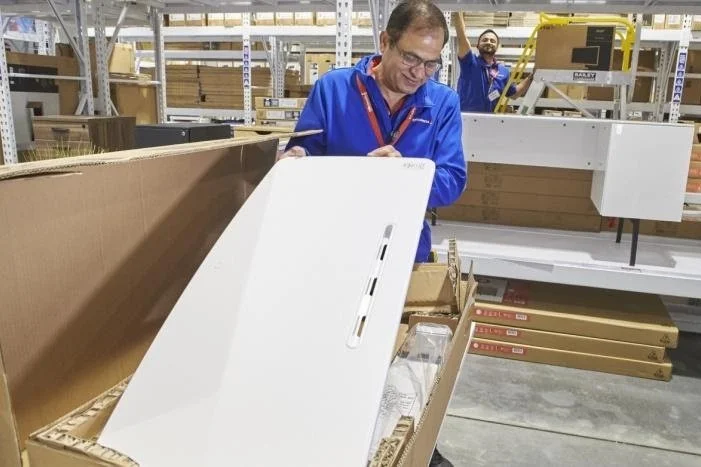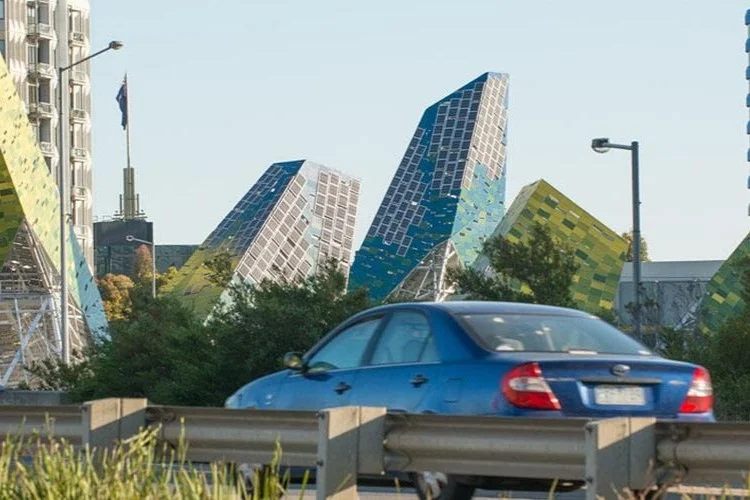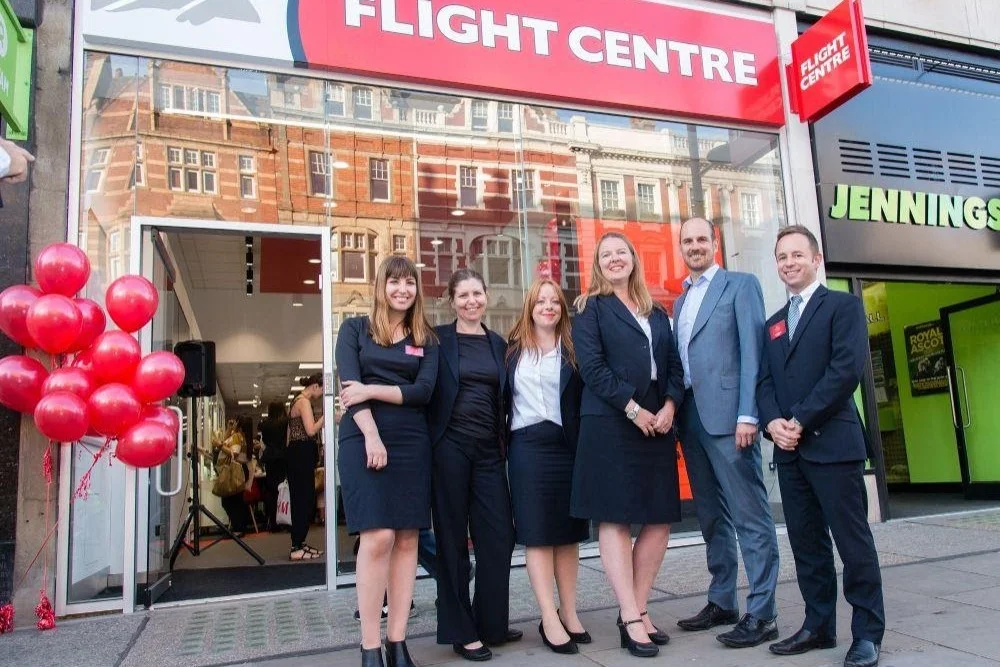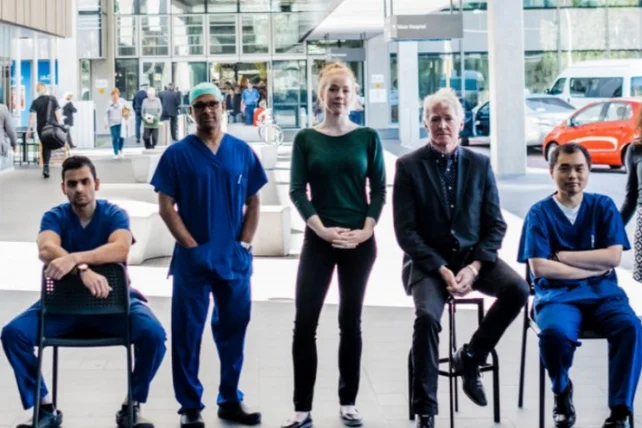Look how far we’ve come: Corporate social responsibility

Over the past two decades, the Australian CSR movement has grown from just two companies (Ford and the now defunct Ansett) with a few community policies, to an entirely new organizational template designed to strengthen the relationship between a business and society, providing both community benefit and corporate kudos.
It’s a dramatic shift, and one that has brought its own challenges.
In recent years, CSR has come under growing scrutiny.
In 2000, the concept of corporate social responsibility was still in its infancy in Australia, One of the first studies on the topic, published in 2000 by the Business Council of Australia and the Centre for Corporate Public Affairs, found around half of Australia’s large companies had some kind of policy around strategic community investment. But those investments should not be confused with CSR. They mainly consisted of charity partnerships, sponsorships and one-off donations, rather than the fully integrated programs we see today.
For most of these companies (around three quarters), the motive for having some kind of community investment framework in place was to maintain trust, support and legitimacy with the community, employees and governments.
Only around one in 10 companies used their community investment budgets as a way to give back to the local community at a cost to the business. The lion’s share of this funding went to sporting groups or events, with a much smaller proportion allocated for the arts.
Fast-forward to 2020, and you’re unlikely to find a large company without a CSR strategy fully integrated into their business, across all parts of the company.
Corporates are no longer just donating a percentage of profits to charities, or sponsoring fun-runs, but are aiming bigger. In 2020 we’re seeing large scale initiatives such as companywide commitments to reducing emissions, increasing environmental sustainability and tackling gender inequality.
Almost all of the biggest entities in Australia have a dedicated manager and team to look after CSR. Leeora Black, the principal CSR advisor at Deloitte and former managing director of the Australiasian Centre for Corporate Social Responsibility (ACCR), says these teams have a lot more sway than they did 10 to 15 years ago. “This work is now being elevated to executive level, and you often see managers reporting to the CEO,” she explains.
 Albania
Albania Algeria
Algeria Andorra
Andorra Argentina
Argentina Armenia
Armenia Australia
Australia Austria
Austria Azerbaijan
Azerbaijan Bahrain
Bahrain Belgium
Belgium Bolivia
Bolivia Brazil
Brazil Bulgaria
Bulgaria Cambodia
Cambodia Cameroon
Cameroon Canada
Canada Chad
Chad Chile
Chile China
China Colombia
Colombia Costa Rica
Costa Rica Croatia
Croatia Cyprus
Cyprus Czechia
Czechia Denmark
Denmark Ecuador
Ecuador Egypt
Egypt Finland
Finland France
France Georgia
Georgia Germany
Germany Ghana
Ghana Greece
Greece Hungary
Hungary Iceland
Iceland India
India Indonesia
Indonesia Ireland
Ireland Italy
Italy Jamaica
Jamaica Japan
Japan Jordan
Jordan Kazakhstan
Kazakhstan Kenya
Kenya Kuwait
Kuwait Latvia
Latvia Lebanon
Lebanon Libya
Libya Lithuania
Lithuania Luxembourg
Luxembourg Malaysia
Malaysia Maldives
Maldives Mali
Mali Malta
Malta Mexico
Mexico Moldova
Moldova Monaco
Monaco Morocco
Morocco Netherlands
Netherlands New Zealand
New Zealand Nigeria
Nigeria North Macedonia
North Macedonia Norway
Norway Oman
Oman




